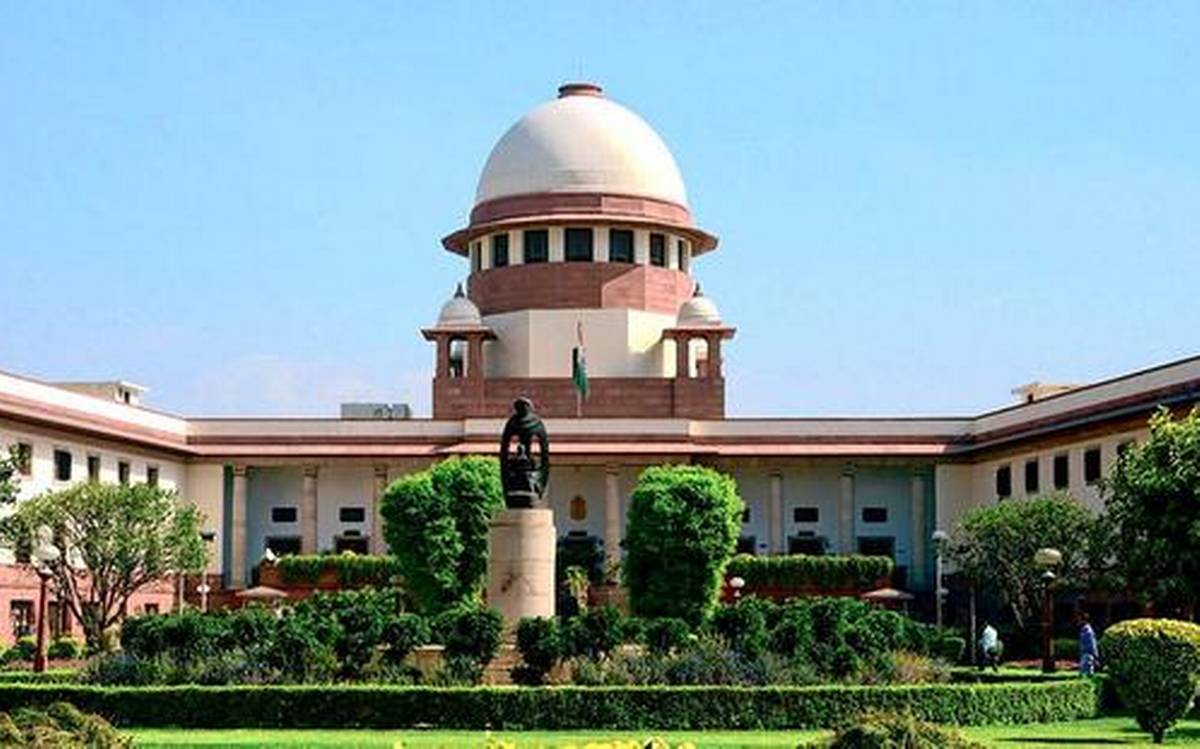
The Supreme Court has held that an offence under the Scheduled Caste or Scheduled Tribe (Prevention of Atrocities) Act is not made out unless such insult or intimidation is by virtue of the person belonging to the SC/ST community or there is a clear intention to humiliate a member of the SC/ST. (Hitesh Verma v State of Uttarakhand– Crl App. No. 707 of 2020). The plea by the appellant was filed and argued by Advocate-on-Record Ayush Negi.
The three-judge Bench comprising Justices L Nageswara Rao, Hemant Gupta and Ajay Rastogi observed the provision 3 (1) (r) of the ST/SC Act. They said that, “the basic ingredients of the offence under Section 3(1)(r) of the Act can be classified as:
1) intentionally insults or intimidates with intent to humiliate a member of a Scheduled Caste or a Scheduled Tribe and
2) in any place within public view”
The Bench further added, “The object of the Act is to improve the socio-economic conditions of the Scheduled Castes and the Scheduled Tribes as they are denied a number of civil rights. Thus, an offence under the Act would be made out when a member of the vulnerable section of the society is subjected to indignities, humiliations and harassment.”
Since this was a matter of property dispute between the parties the court ruled, “The assertion of title over the land by either of the parties is not due to either the indignities, humiliations or harassment. Every citizen has a right to avail their remedies in accordance with law. Therefore, if the appellant or his family members have invoked jurisdiction of the civil court, or that respondent No.2 has invoked the jurisdiction of the civil court, then the parties are availing their remedies in accordance with the procedure established by law. Such action is not for the reason that respondent No.2 is member of Scheduled Caste.”
With respect to interpreting “in any place within public view”, the apex court referred to Swaran Singh and ors v State (2008) 8 SCC 435. It was held in this case that if an offence is committed outside the building e.g. in a lawn outside a house, and the lawn can be seen by someone from the road or lane outside the boundary wall, then the lawn would certainly be a place within the public view. But if the remark is made inside a building and some members of the public are there (not merely relatives or friends) then it would not be an offence since it is not in the public view.
Hence the Bench said that it was an accepted fact that the scene of action happened inside the four walls of the house of the respondent with no members of the public and that this alleged action of the appellant hurling abuses at the respondent would not satisfy the second condition of Section 3(1)(r).
The Bench further added that, “offence under the Act is not established merely on the fact that the informant is a member of Scheduled Caste unless there is an intention to humiliate a member of Scheduled Caste or Scheduled Tribe for the reason that the victim belongs to such caste. In the present case, the parties are litigating over possession of the land. The allegation of hurling of abuses is against a person who claims title over the property. If such person happens to be a Scheduled Caste, the offence under Section 3(1)(r) of the Act is not made out.”
Background:
The matter before the Supreme Court was an appeal against an Uttarakhand High Court judgment that dismissed the petition filed by the appellant Hitesh Verma under section 482 of the Code of Criminal Procedure seeking to quash a charge-sheet and summoning order against him for an offence under Section 3(1)(r) of the SC/ST Act.
The respondent had alleged that the appellant had specifically targeted her caste and humiliated and threatened to kill her. An FIR was registered against the appellant for offences of trespass, criminal intimidation and for insulting and humiliating a SC/ST person under the relevant sections of the Indian Penal Code and SC/ST (Prevention of Atrocities) Act.
“The property disputes between a vulnerable section of the society and a person of upper caste will not disclose any offence under the Act unless, the allegations are on account of the victim being a Scheduled Caste”, the Bench reiterated.
The top court quashed the charge-sheet filed specifically for offence under Section 3(1)(r) of the SC/ST Act and left it open for the police to investigate the appellant under other Indian Penal Code offences.
The judgment dated November 5, 2020 may be read here:
Related:
SC: Amendment to SC/ST Act constitutionally valid
Delhi HC directs action against police under SC/ST Act, for not registering FIR of Dalit man